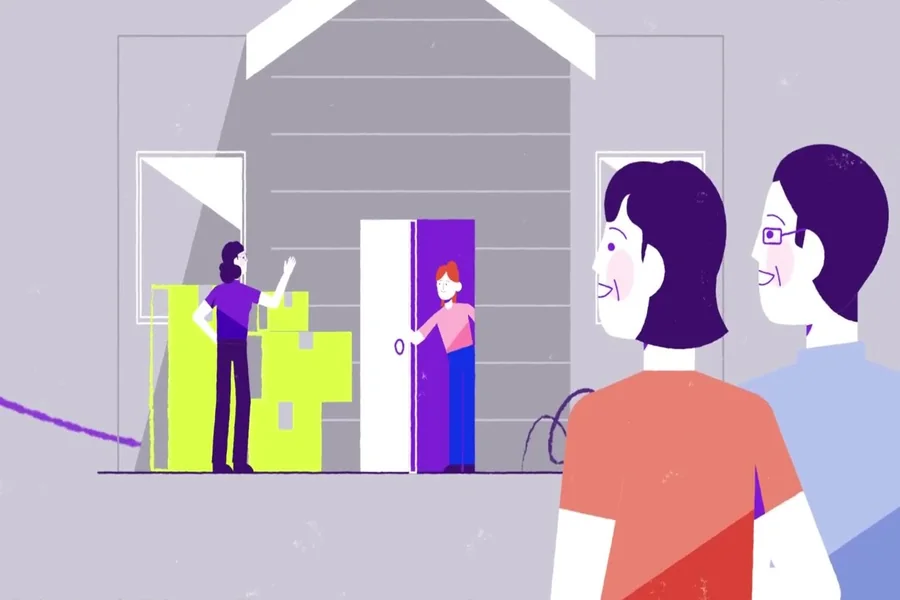
Getting support under the NDIS can feel like a big step, especially if you’re trying to figure out which providers are right for your needs. Whether you’re looking for help with daily activities, therapy services, or community access, the range of options can be overwhelming. That’s why it helps to break things down and focus on what really matters — finding support that fits your lifestyle and goals.
Most people start by asking, “What exactly can an NDIS provider help me with?” The short answer is: quite a lot. But not all providers offer the same services, and not every provider will suit your specific needs. Some focus on support coordination, others specialise in allied health, while many offer personal care, transport, or home modifications. Knowing what you want to achieve with your plan can help guide your choices from the start.
Look for Providers Who Understand Your Goals
It’s not just about ticking boxes on a service list — the best providers take the time to understand your goals, preferences, and communication style. For example, if you’re aiming for more independence at home, you might prioritise providers who offer assistive technology or home support workers. If social connection is important, community access services could be a focus.
Always ask potential providers how they work with participants to set and review goals. Some might have more flexible arrangements or staff with particular experience in areas that matter to you. It’s okay to ask detailed questions and expect clear answers — after all, this is about your life and your choices.
Getting Local Support Can Make a Real Difference
If you live in or around Wollongong, you’ll probably want to work with local providers who know the area and can offer consistent support. Travel time, staff availability, and familiarity with local services all impact how smoothly things run. A provider who’s based nearby may also have stronger connections with community organisations, which can help you access more activities and supports.
For people searching for NDIS providers in Wollongong with Bunji, it’s often helpful to find a team that offers both flexibility and a personal approach. Choosing a local provider means more than just convenience — it’s about building long-term support that feels reliable and easy to access when you need it most.
Check Qualifications, but Don’t Forget the Human Side
Yes, qualifications and experience matter. You’ll want to be sure the providers you work with meet the NDIS Commission’s standards and have appropriate training. But just as important is how the provider communicates and builds trust. Are they responsive? Do they listen well? Can they adapt if your needs change?
A good way to gauge this is by speaking with support coordinators or other participants, or by reading reviews online. Many people find that the relationship with their provider is what makes or breaks their experience — it’s not just about the service, it’s about feeling respected and supported.
You’re Not Locked In — Flexibility Matters
Some people worry that once they choose a provider, they’re stuck. But that’s not the case. NDIS participants have the freedom to change providers if things aren’t working out. This is why starting with a trial period or short-term agreement can be useful.
It also helps to know your plan inside out. When you’re clear about your funding and goals, you’ll feel more confident having open conversations with providers about what they can offer — and whether it’s meeting your expectations.
Learn More About Managing Your NDIS Funding
If you’re still deciding which services might suit you, it can be useful to look at broader resources like tips for managing your NDIS funding. These guides often provide practical steps for comparing providers, managing budgets, and making the most of your supports.
Remember, finding the right provider isn’t just about today — it’s about setting up support that helps you grow, achieve your goals, and feel more confident day to day. It may take time to find the right fit, but once you do, it can make a big difference to your quality of life.
